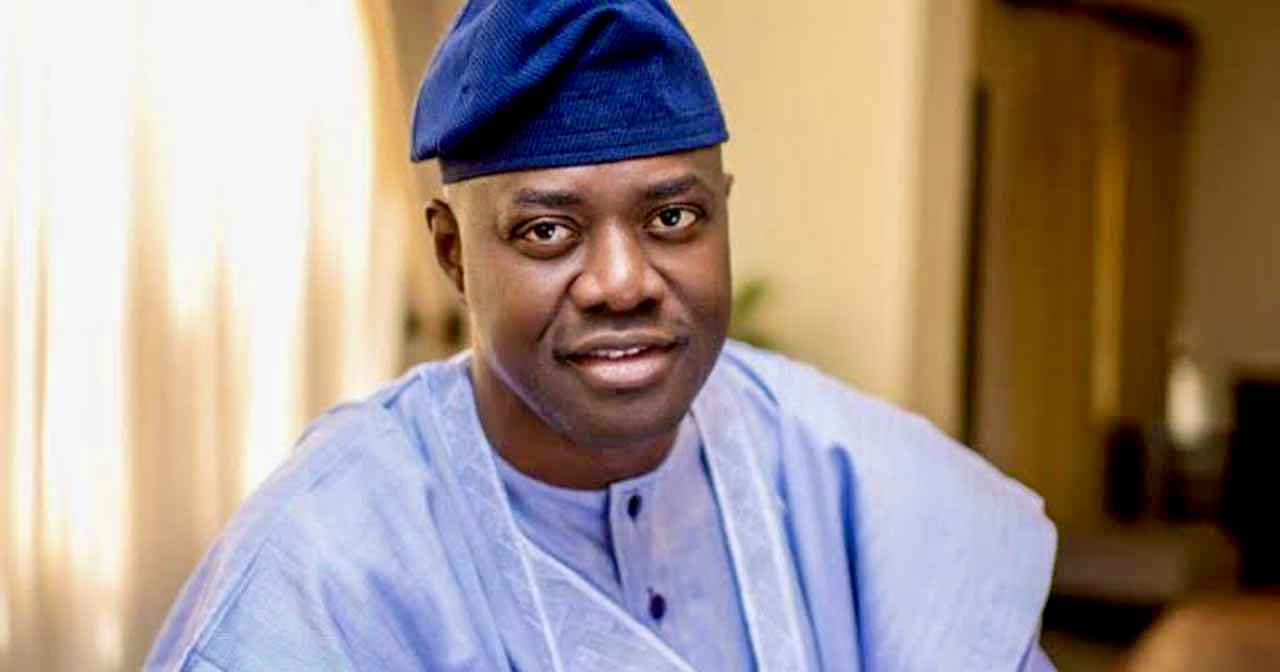I write so that I might yet retain my own sanity. Perhaps it’s time to begin work on my Inalende Chronicles.
For some weird reason I cannot fathom, a scene from my childhood days, growing up with my grandmother at Inalende, keeps tormenting me. I keep hearing the drums, the songs, I can still recall the scenes from the balcony at Inalende. Oh, the scenes. Colorful. I have a smile on my lips as I type these words, the memories comes in waves.
I couldn’t have been more than five years old at the time. But old I was, even as a lad. Baba and his wives, and sometimes, his friends, and some favored tenants, would sit on the balcony, and he would hold court there, this of course after he’d done his work for the day. Baba, my maternal grandfather was a carpenter. The “Ayo Olopon” would come out, and they would take turns to play.
I would sit by Maami, and watch the games. I would also listen. I am what you would call an Omo odo Agba. The gladiators were mostly in their seventies at this time, and they taught me more about life, than all the schools I have attended, and more about God and godliness than most pastors.
I was something of a prodigy at the game, but my penchant for imagining that I could banter with my grandparents, Baba’s other wives, my co-grandmothers, their friends, after having battered them, limited my game time. But the balcony was my favorite perch, and seeing as Maami had made sure that I never forgot that all the cripples in Ibadan became so because of football injuries, I was a privileged member of the balcony coven. The one against whom they all came to measure their dexterity at the game.
Awa le’gbe Oni’yawo
Egbe Olowo! 2ce
Awa ki se’gbe Olosi
Afi’go lo’so! 2ce..🎵🎵
The singing, drumming and other percussions would rend the air and the joy of the occasion would be infectious, crowds would gather, the bridal party a joy to behold, and they would be thoroughly entertained by the variety of joyous wedding traditions of my people, the Yorubas. There would be the Orikis, the lineage praises of the bride, and her own, Ekun Iyawo, the bridal lamentations, and yes, the songs. It is the songs, that I mostly remember. I listened to a few from my perch on the Inalende balcony.
And then there were the occasional Igbeyawos. I am not sure if the custom extends beyond Ibadan, but I witnessed a few from, yes, you guessed right, my perch on the Inalende balcony. The first you’d know that a wedding was in progress, would be when you heard loud cries of distress from the bride. It’s usually the standard fare, “egbami oh” shouted ever louder and more strident. It demands zero effort to translate. Just substitute whatever damsels in distress in your culture would wail.
Baba, Maami, whichever of my grandmothers were around, all of Oyo extraction, save Iya Alate, Maami’s deputy, who was of Lagos and Egba stock, left me in no doubt that they found this custom objectionable, but I thoroughly enjoyed the spectacle. This marriage ceremony begins with a kidnap. The groom and his family would in conjunction with the wife’s family, and perhaps friends, arrange her kidnap, and presto! A wife she became.
Why these memories have been hitting me in evermore constant waves, I don’t know. I write so that I might yet retain my own sanity. Perhaps it’s time to begin work on my Inalende Chronicles.
DF
First published September 10, 2018.


